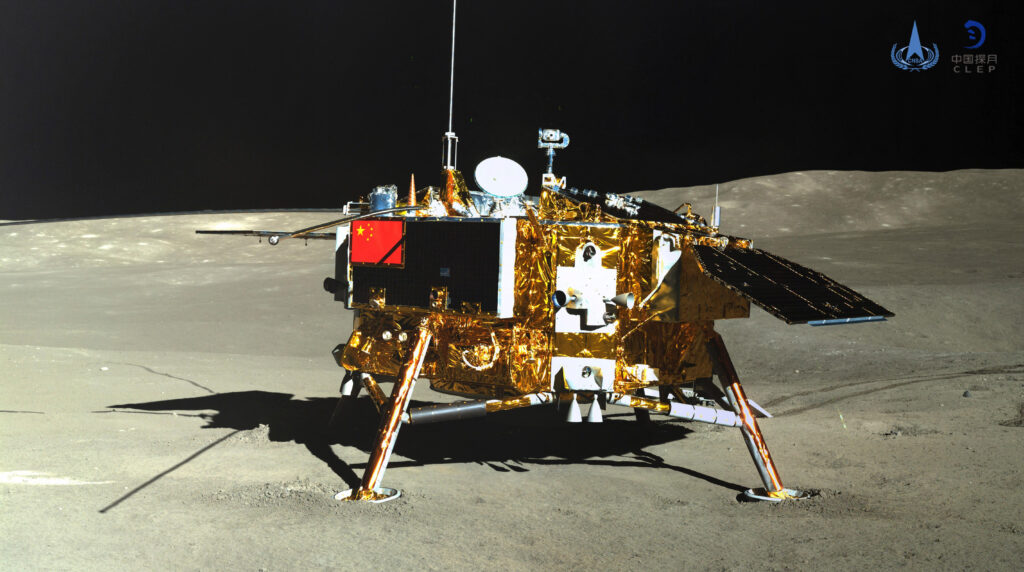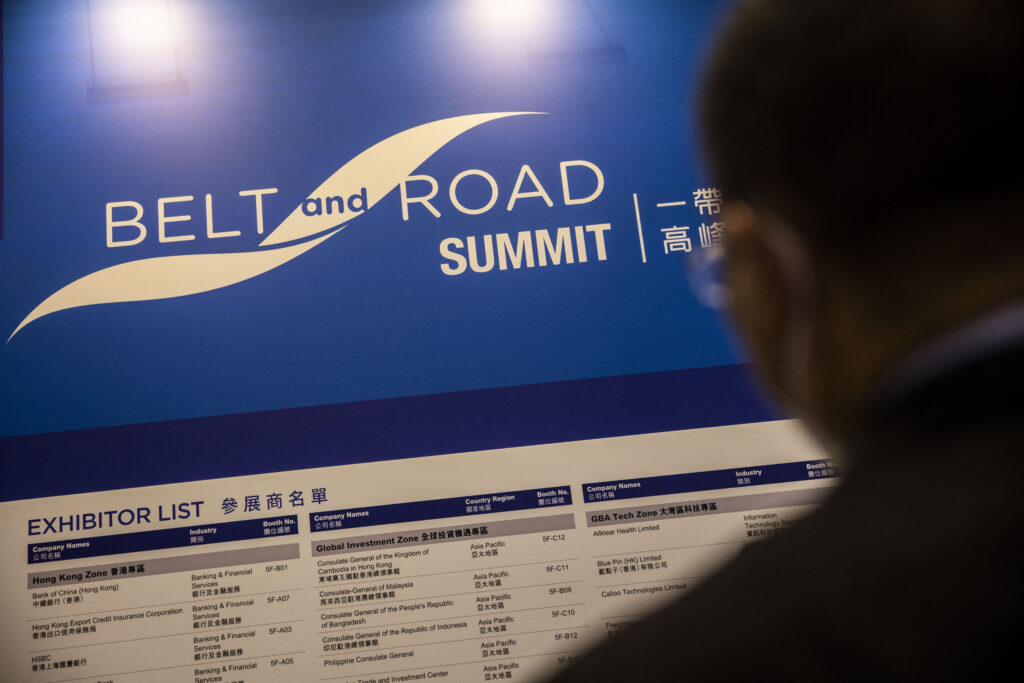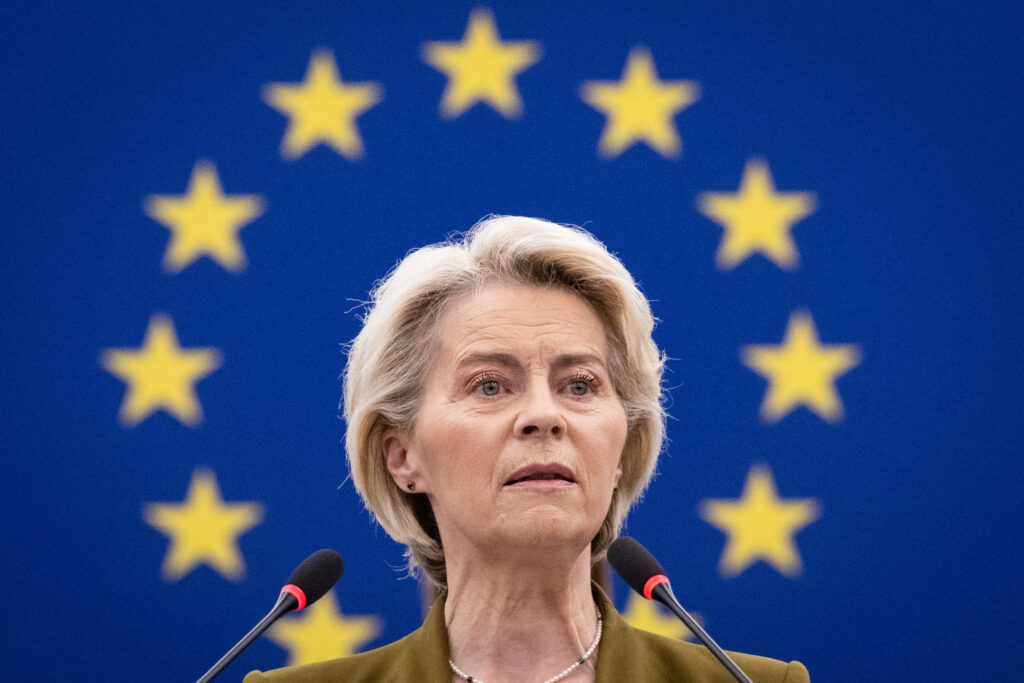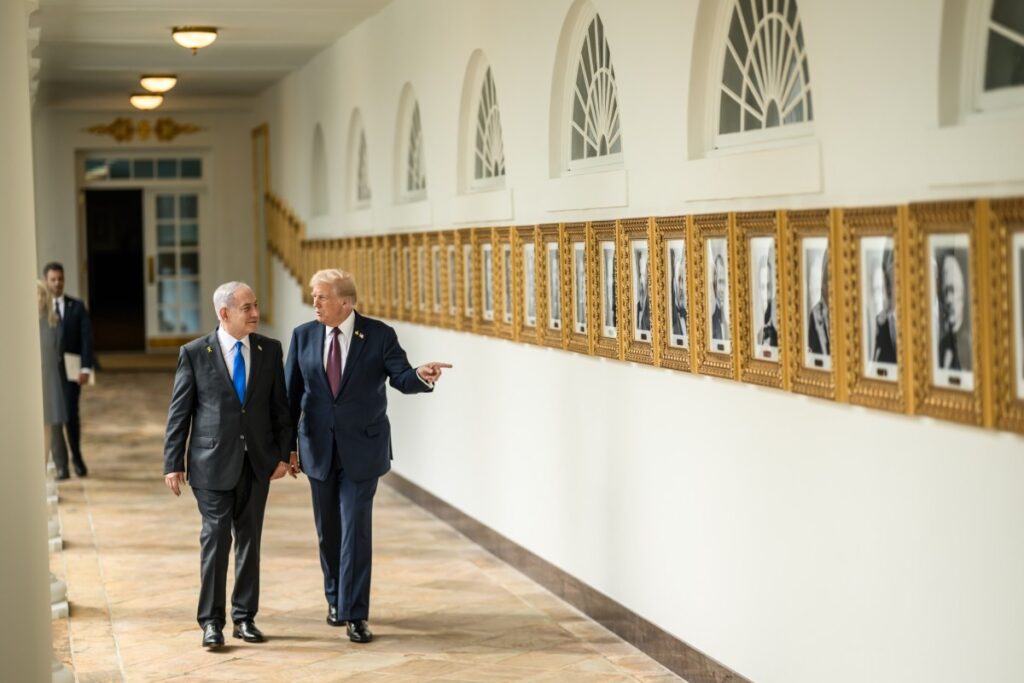
Series Introduction
The Middle East Goes to Space
In recent years, Middle Eastern governments have raised their profile in the field of space activities. The UAE sent an unmanned probe into Mars orbit and, like Saudi Arabia, has sent astronauts to the International Space Station. Both countries have made space exploration a major pillar of their post-oil economy. These projects are captivating Arab populations, reminding us of the enduring fascination with space and its appeal for national pride. Space is also a critical component of military strategies in the region, as reflected in Iran’s ballistic missile programme or Israel’s air defence systems.
This volume of Insights is aimed at discussing the various dimensions of the space programmes launched by countries in the Middle East as well as the role of external players in developing these programmes.
CLICK HERE FOR THE FULL INSIGHT
Since its introduction in 2014, the Space Silk Road concept has aroused different responses around the world, ranging from welcome and praise to scepticism and criticism.[1] Given that China has identified the Belt and Road Initiative (BRI) as a key pillar of the global community of shared future,[2] it is safe to say that whether third parties like it or not, the jointly built Space Silk Road, as an important component of the BRI, will not go away, nor will China’s commitment to advance space cooperation with the Arab states falter.
Image Caption: China’s Chang’e-4 lunar probe launched in 2018. The probe carried a micro optical camera provided by Saudi Arabia. Image released on 11 January 2019 by China National Space Administration. Photo: AFP
About the Author
*Dr Zhang Ming serves as a research professor at the Institute of International Relations, Shanghai Academy of Social Science. She obtained her PhD in international relations from Fudan University, Shanghai. Her research covers, among other fields, international security, space studies and transatlantic relations. She is the author of four books, the most recent being Commanding the Ultimate High Ground: US Military’s Space Operations Exploration (2023). Her research has been published in the Chinese Journal of European Studies, Contemporary International Relations, World Economics and Politics, International Review and other well-known international relations journals in China.




